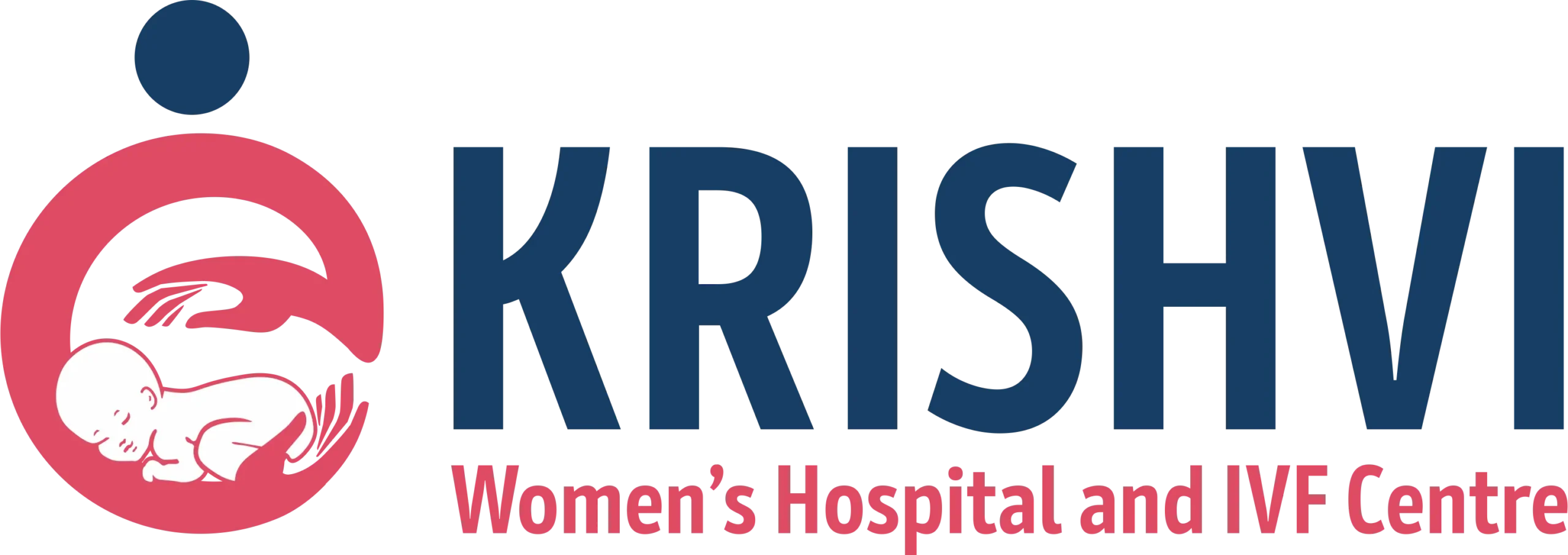Understanding Male Infertility: Key Causes:
Male infertility can arise from various factors, each uniquely influencing the reproductive process. Gaining insight into these causes is crucial for effective diagnosis and treatment.
Varicocele:
Varicocele refers to the abnormal enlargement of veins in the scrotum, similar to varicose veins in the legs. This condition may reduce both the quality and quantity of sperm by interfering with temperature regulation in the testicles. Surgical intervention to seal the affected veins can increase the chances of improving fertility.
Hormonal Imbalances:
The creation of sperm is greatly affected by hormones that come from the hypothalamus, pituitary gland, and testicles. When these hormones are not in balance, it can seriously disrupt sperm production. Some possible solutions include medications that help bring hormone levels back to normal or hormone replacement therapies.
Testicular Conditions:
Certain testicular problems, like undescended testicles, testicular cancer, or past surgeries, can impact sperm production. Even with corrective treatments, men may not regain their normal fertility, which might mean turning to assisted reproductive technologies (ART) to conceive.
Ejaculation Issues:
Some men experience conditions such as retrograde ejaculation, where semen goes into the bladder instead of exiting the body during orgasm, which can lead to infertility. Other issues like erectile dysfunction and premature ejaculation also fall into this category. Fortunately, medications and therapies are available that can help with these challenges and improve fertility.
Antibodies That Attack Sperm:
In certain situations, autoimmune disorders can cause the body to produce antibodies that mistakenly attack its own sperm, seeing them as threats. This can affect the sperm’s movement and ability to fertilize an egg.
Blockages:
If there are blockages in the tubes that transport sperm, it can stop sperm from being delivered. These blockages might be present from birth or could develop due to infections, surgeries, or injuries. Often, surgery is needed to remove these blockages and help restore fertility.
Lifestyle and Environmental Factors:
Certain lifestyle choices and environmental factors can affect sperm production and quality in men. Issues like obesity, smoking, drinking too much alcohol, contact with harmful chemicals, and high stress levels can all play a role. Making positive changes in these areas can help improve fertility.
Understanding these factors is key when it comes to diagnosing and treating male infertility. It’s important to see a specialist in male infertility for a complete evaluation, which is essential for figuring out what might be causing the issue and finding the best treatment options.
Thorough Evaluation of Male Infertility at Krishvi IVF:
At Krishvi IVF, we take a careful and detailed approach to evaluating male infertility. This first step is crucial for discovering the underlying causes of fertility challenges. Our comprehensive evaluation generally includes:
– Semen Analysis: This test looks at important details like sperm count, movement, and shape, which helps us understand your overall reproductive health.
– Hormone Testing: Since hormonal imbalances can greatly impact sperm production and health, we measure testosterone and other hormone levels to identify any potential problems.
– Physical Examinations: A thorough physical check-up can help us find issues like varicoceles (swollen veins in the scrotum) and other physical factors that may be affecting fertility.
This careful evaluation is the essential first step toward finding effective solutions tailored specifically to you.
Treatment Approaches:
At Krishvi IVF & Endometriosis Clinic, we provide a variety of treatment options tailored to the specific causes of infertility identified during your evaluation. Our services include:
– Medication Therapy: Depending on the underlying cause of infertility, our team may recommend medications to help balance hormone levels, boost sperm production, or address other related concerns.
– Surgical Procedures: For issues like varicoceles or blockages in sperm pathways, surgery may be required. These procedures aim to fix anatomical problems or retrieve sperm directly from the testicles or epididymis.
– Sperm Retrieval Techniques: If ejaculation isn’t possible or if there’s no sperm in the ejaculate, we offer methods like Testicular Sperm Extraction (TESE) or Percutaneous Epididymal Sperm Aspiration (PESA). These techniques involve directly obtaining sperm for use in assisted reproductive technologies (ART), such as IVF and ICSI.
– Lifestyle Changes: We may recommend adjustments in diet, exercise routines, and stress management, as well as avoiding harmful substances, to improve overall sperm health and enhance fertility.
– Varicocele Treatment: If varicoceles are found to impact fertility, we often suggest surgical correction to enhance blood flow, which can positively affect sperm quality and production.
Customized Treatment Plans:
At our clinic, we prioritize creating personalized treatment plans tailored to each patient’s unique situation. We recognize that every infertility case presents its own challenges, and our goal is to collaborate closely with our patients.
This individualized approach ensures the treatment chosen addresses specific medical issues while also considering your lifestyle, preferences, and emotional well-being.
Our dedicated team is here to support and guide you throughout the treatment journey, ensuring you feel informed, involved, and empowered as you strive for your dream of parenthood.
Success Rates:
At Krishvi IVF Clinic, we pride ourselves on being transparent and our solid success rates in treating male infertility. With a comprehensive range of diagnostic tools and treatment options, we’ve achieved remarkable results.
Overall Success Rate: We’re pleased to share that our overall success rate is an impressive 85% for helping couples facing male infertility achieve pregnancy through assisted reproductive technologies.
TESE Success Rate: For men who undergo Testicular Sperm Extraction (TESE), our clinic boasts a sperm retrieval success rate of 72%, significantly higher than the national average.
Varicocele Surgery Outcome: At our clinic, couples dealing with varicoceles have seen an 80% improvement in both the quality and quantity of sperm. Excitingly, 55% of these couples have been able to conceive, whether naturally or through assisted reproductive techniques (ART).
While these numbers are promising, it’s important to note that success can differ based on various factors. This includes the specific reasons for infertility, the age of the couple, and any existing health concerns.
At Krishvi IVF, we strive to offer our patients realistic expectations that fit their unique health situations and infertility challenges. Our steadfast dedication to research, innovative methods, and personalized support is the foundation of our mission to help couples achieve their dreams of becoming parents.


